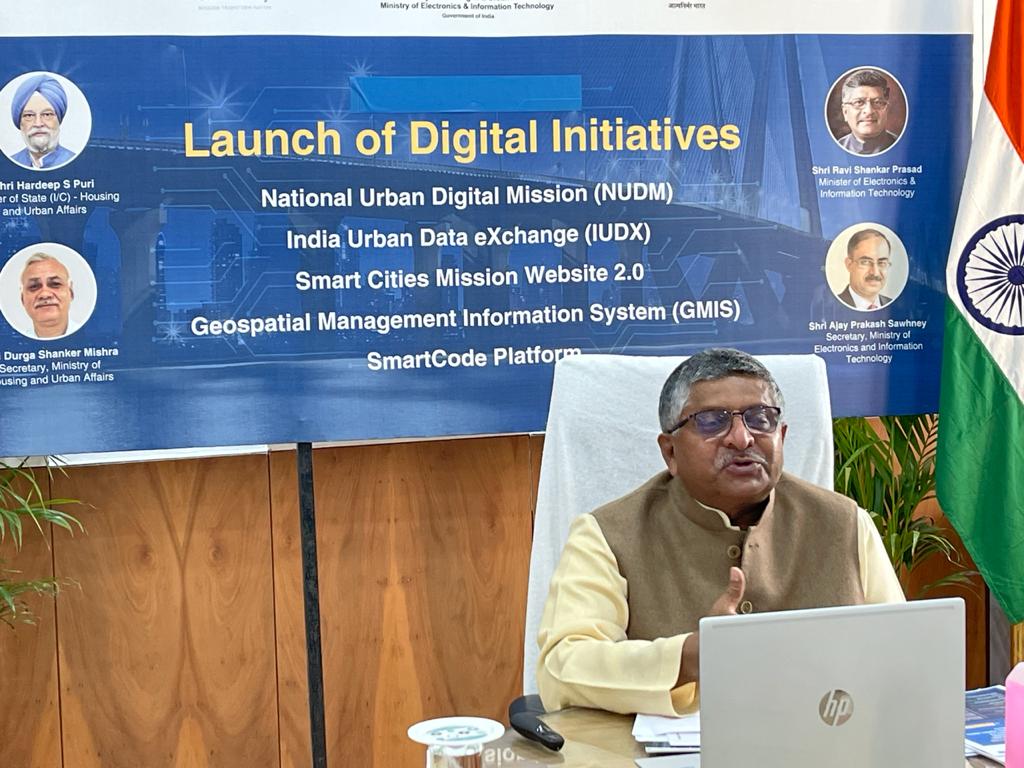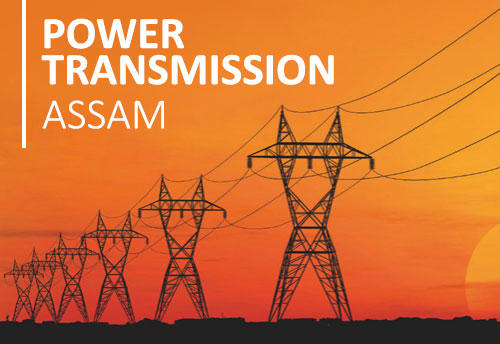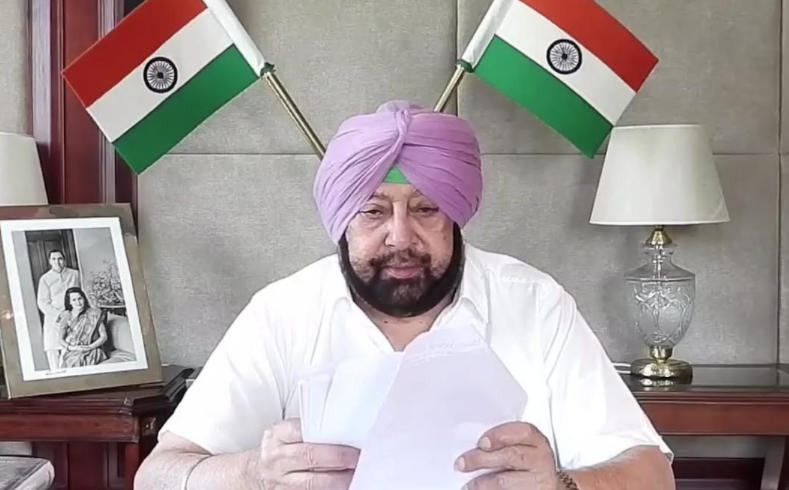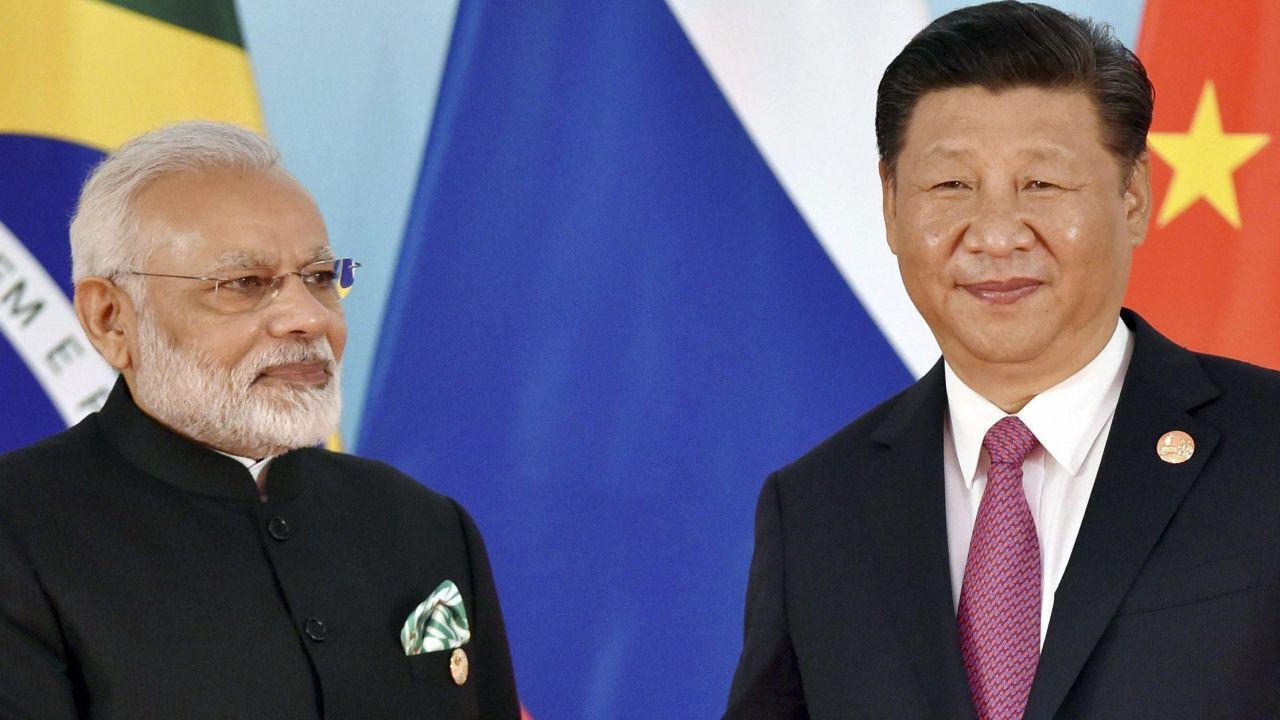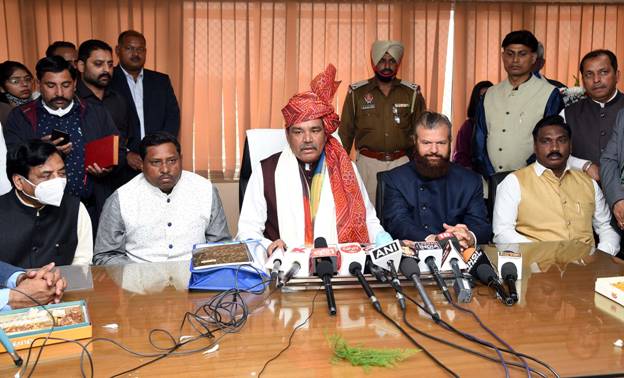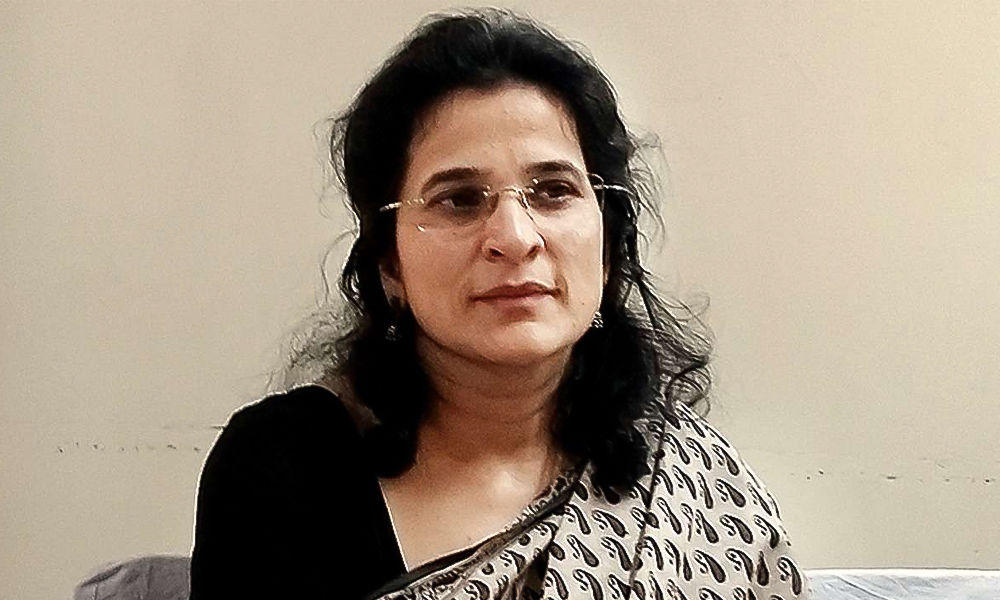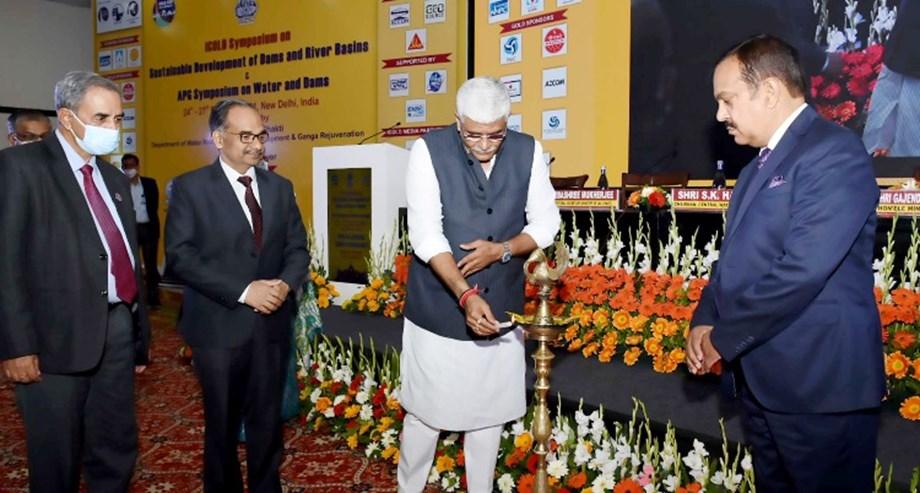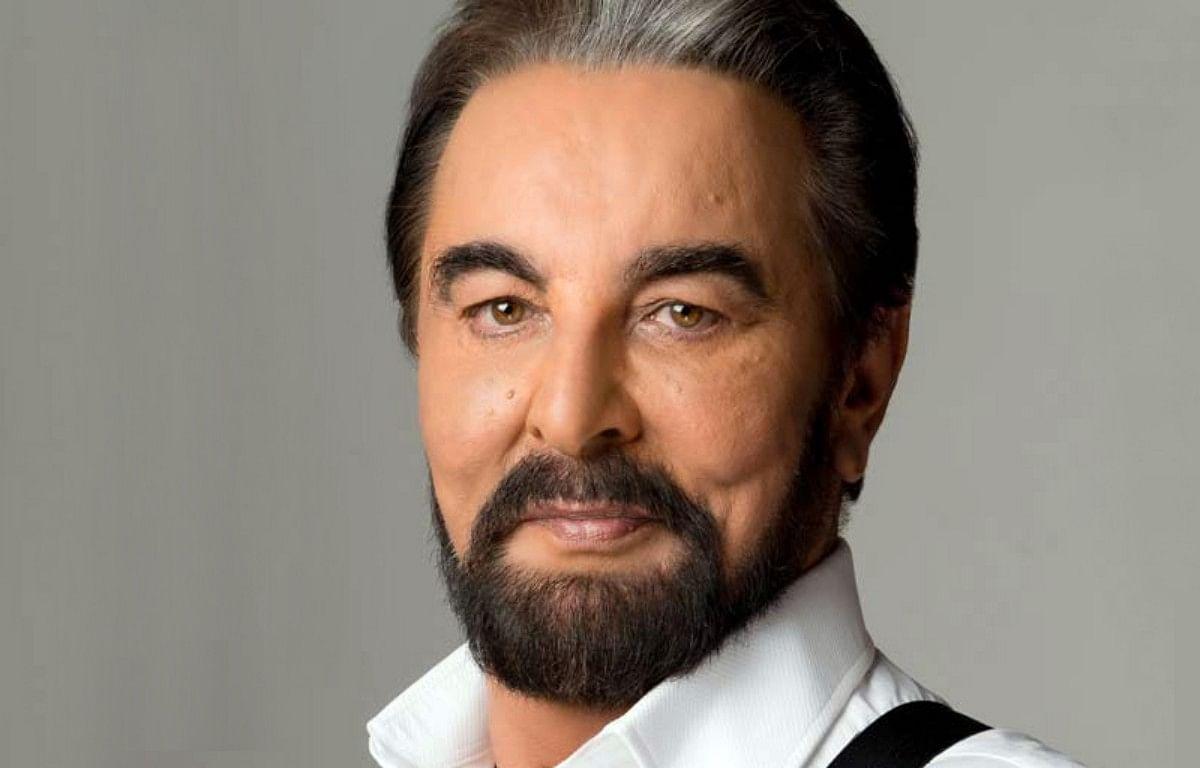
The Supreme Court on Wednesday dismissed a plea by Union Public Service Commission (UPSC) aspirants, whose last attempt to crack the civil services exam was marred by COVID-19, for another chance in 2021.
The court said every candidate who took the exam last year suffered “one way or the other”.
The petitioners had argued about the “overwhelming” impact of coronavirus in the run-up to the civil services preliminary exam held on October 4, 2020. They said their access to study resources had shrunk with the closure of libraries and coaching centres during the lockdown. Some of them had fallen sick while others had cared for the sick during the pandemic months, leaving little or no time for study.
“What is being claimed and prayed for under the guise of COVID-19 pandemic is nothing but a lame excuse in taking additional attempt to participate in the Civil Service Examination 2021,” a Bench led by Justice A.M. Khanwilkar said in the judgment.
‘Cascading effect’
Justice Ajay Rastogi, who authored the 40-page verdict for the Bench also comprising Justice Indu Malhotra, said any “indulgence” shown to a few would be against the scheme of the Civil Services Examination (CSE) Rules of 2020 and trigger a “cascading effect” on other public exams.
“If this court shows indulgence to a few who had participated in the 2020 exam, it will set down a precedent and also have cascading effect on examinations in other streams, for which, we are dissuaded to exercise plenary powers under Article 142 of the Constitution,” Justice Rastogi noted.
The aspirants had argued that extra chances were given to candidates in 2011 and 2015 when the syllabus was changed. They said, if so, it was their “legitimate expectation” that the government would understand their travails during a pandemic and give them another opportunity in 2021. But the court refused to accept the contention.




